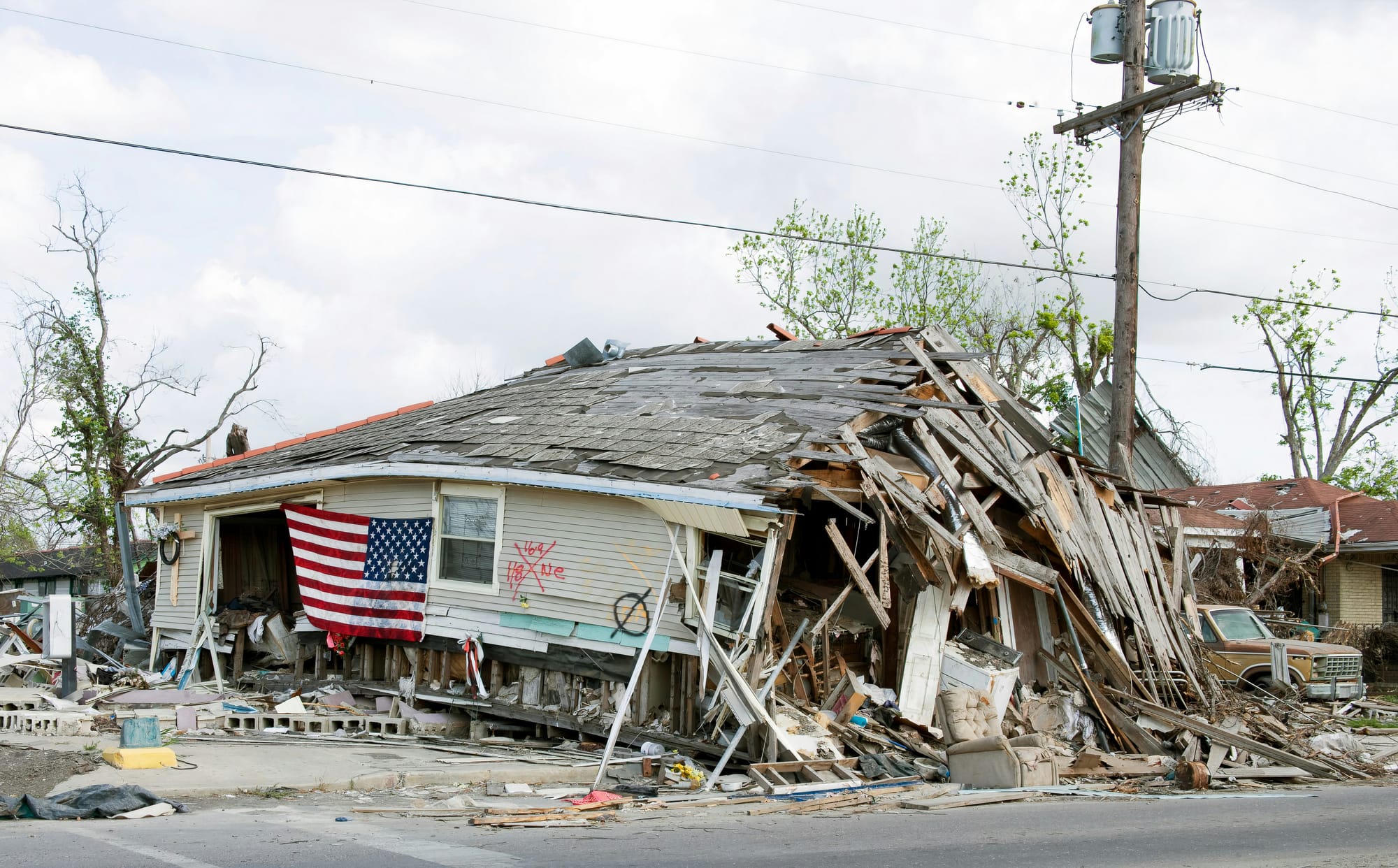In times of crisis, whether natural disasters, pandemics, or other emergencies, governments and organizations often need to act swiftly to procure goods and services to aid in response efforts. Emergency contracting plays a critical role in facilitating this rapid response, ensuring that essential resources reach those in need promptly. To achieve this effectively, emergency contracting strategies are built upon four key pillars: speed, transparency, accountability, and adaptability.
1. Speed
Speed is paramount in emergency contracting. Delays can exacerbate the impact of a crisis, making it crucial to expedite the procurement process without compromising quality or compliance. Governments and organizations must streamline procedures, such as pre-approved vendor lists or fast-track evaluation criteria, to minimize bureaucratic hurdles. Establishing clear timelines and deadlines for each stage of the contracting process helps maintain momentum and ensures that goods and services are procured and delivered swiftly.
2. Transparency
Transparency in emergency contracting is essential for fostering trust and accountability. Clear communication of procedures, criteria, and decisions ensures that stakeholders understand the rationale behind procurement choices. This transparency extends to the publication of contracts, bid evaluations, and outcomes, allowing for public scrutiny and oversight. Openness in the process not only enhances credibility but also helps prevent fraud, corruption, or mismanagement of resources during a vulnerable time.
3. Accountability
Accountability holds stakeholders responsible for their actions and decisions throughout the emergency contracting process. Robust monitoring mechanisms and reporting requirements help track expenditures, monitor performance against contract terms, and ensure compliance with regulations. Establishing clear lines of responsibility and accountability frameworks within organizations or governmental bodies strengthens governance and minimizes the risk of misappropriation or misuse of funds. Accountability also involves learning from past emergencies to improve future response efforts continually.
4. Adaptability
Emergencies are often dynamic and unpredictable, requiring emergency contracting processes to be adaptable. Flexibility in procurement strategies allows for adjustments based on changing circumstances or emerging needs. This may involve modifying contract terms, expanding supplier networks, or leveraging innovative technologies for quicker procurement and delivery. Collaboration with local communities, NGOs, and international partners can also enhance adaptability by tapping into local knowledge and resources.
Conclusion
Effective emergency contracting is essential for mitigating the impact of crises and ensuring that resources are deployed swiftly and efficiently. By prioritizing speed, transparency, accountability, and adaptability, governments and organizations can navigate the complexities of emergency response with greater effectiveness and integrity. These four pillars provide a framework for building resilient procurement systems that can respond effectively to the urgent needs of communities during times of crisis, ultimately contributing to saving lives and rebuilding communities in the aftermath of disaster.
